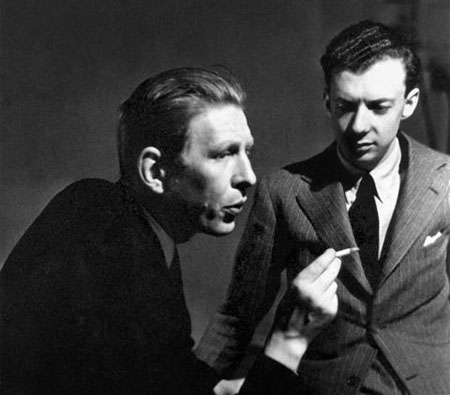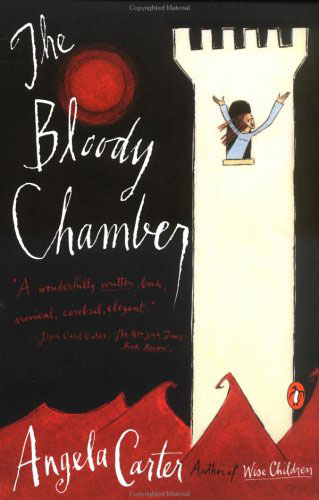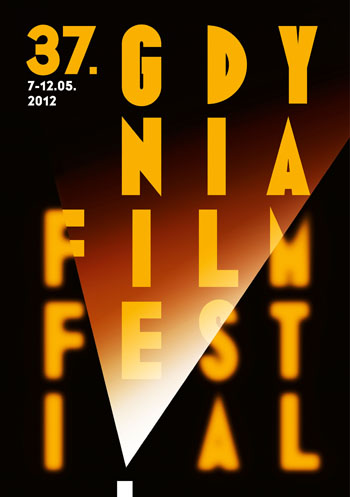“No other poet, apart perhaps from Cocteau, can boast such a filmography.” In the Literary Review, David Collard looks back on W.H. Auden’s work in the cinema, which began in the fall of 1935 when Auden spent half a year collaborating with the likes of Benjamin Britten on four films for the General Post Office Film Unit. Among these would be Night Mail, “the Citizen Kane of documentaries…. In a short-lived flurry of commitment to the cause, Auden also lectured on film, wrote reviews, provided subtitle renderings of Russian peasant folk songs for Dziga Vertov’s Three Songs of Lenin, and collaborated on various other projects, even appearing in front of the camera (disguised as a department store Father Christmas in Evelyn Spice’s spirited Calendar of the Year).” Fast forward through Runner (1962), “the freshest and most engaging of all Auden’s film collaborations,” to the “breathtaking and immersive” US, “a hugely ambitious state-of-the-nation documentary screened exclusively in a purpose-built auditorium at the San Antonio HemisFair, a 1968 trade fair and exposition.” Collard tells the story of its making and the murder that set its tone.
Screening the Past‘s new Issue 33 is a special on Knocknagow (1918), “Irish cinema’s first national and international success,” as Stephen Donovan explains in the introduction. There are also 21 book reviews on topics ranging from sci-fi to Pennebaker, Antonioni to Badiou.
John Strausbaugh talks with Alfred Leslie about working with Robert Frank, Jack Kerouac, Allen Ginsberg, Gregory Corso, David Amram, Peter Orlovsky, Larry Rivers and others on the half-hour Beat classic Pull My Daisy (1959) — and about taking the film out to the West Coast. Also new at the Chiseler: Dan Callahan on Gilbert Roland and Jim Knipfel on Boris Karloff in The Man They Couldn’t Hang (1939).
In the new issue of the London Review of Books, you’ll find Michael Wood on Nuri Bilge Ceylan‘s Once upon a Time in Anatolia (“Why is this film noir so preoccupied with light? Why is it so busy making squalor look beautiful?”), Hal Foster on Cindy Sherman and Rosemary Hill on Angela Carter, who “was from an early age having interesting experiences in her imagination. Many of them came to her in the cinema. After the family had settled in South London she was a regular visitor to the Tooting Granada, where her father took her with him to whatever was showing, thereby introducing her to some productively unsuitable material. But it was not just the films. The cinema itself made a permanent impression. Like its sister Granada in Woolwich, the Tooting branch has a fabulous Gothic interior created by Theodore Komisarjevsky, a theatre and opera designer and exile from Soviet Russia, whose career ricocheted between Paris, London and Stratford-on-Avon, taking in several marriages, including one to Peggy Ashcroft, on the way…. Komisarjevsky’s auditoria are vivid confections, part cathedral, part Fabergé egg, fantasies whose tinselly riches hint in the half-light at further depths. It was in the Granada interiors that Carter first encountered romantic fantasy set amid modern urban street life, just as it would be in her own work.”
The latest issue of Offscreen to go online features two pieces on Canadian filmmaker Colin Low, Paul W. Salmon on “the Role of the Web in the Survival of Celluloid,” Mike Archibald on last fall’s edition of Vancouver International Film Festival and Daniel Garrett‘s review of Roberta Seret’s World Affairs in Foreign Films: Getting the Global Picture.
Catherine Grant‘s posted an update to Film Studies for Free‘s ever-expanding permanent list of links to online and openly accessible ebooks.
London. “Patrick Keiller first saw Humphrey Jennings’s Listen to Britain (1942) in one of Raymond Durgnat’s classes at the Royal College of Art in 1981,” writes Henry K. Miller for Sight & Sound. “During a second viewing he made a complete shot list. ‘Before the film was over,’ he has written, ‘I had resolved to try to make a Listen to Britain for the 1980s.’ Anatomizing discord where Jennings found harmony, Keiller’s first full-length film London (1994), a chronicle of the city after that decade had run its course, was the result. Keiller’s new exhibition The Robinson Institute, which reworks elements of the Robinson trilogy, London, Robinson in Space (1997) and Robinson in Ruins (2010), in the Duveen Galleries of Tate Britain [through October 14], substituting art-works and objects for citations and allusions, bears a similarly familial resemblance to another Jennings project, Pandaemonium.” Miller elaborates.
Oslo. Peter Watkins: A Retrospective opens today at the Office for Contemporary Art Norway and runs through May 14. The special focus will be on Watkins‘s engagement with Norway through the figure of Edvard Munch, whose Scream, of course, has just set a record for the amount paid for a work of art sold at an auction.
Berlin. Christoph Hochhäusler, whose most recent films include The City Below and his contribution to the Dreileben trilogy, One Minute of Darkness, has invited four young directors—Jessica Krummacher, Hannes Lang, Max Linz and Timo Müller—to the Roter Salon at the Volksbühne this evening to show clips from their fresh debuts and to discuss the current state of German cinema.
New York. James Fotopoulos’s Migrating Forms (1999) screens this evening at Microscope Gallery. And tomorrow evening, Light Industry will be screening Scott Bartlett’s short OffOn (1967) and Kinji Fukasaku’s “ultra-groovy sci-fi monster movie” The Green Slime (1968).
Los Angeles. Tonight at Cinefamily, music duo Demdike Stare present their “re-vamped re-mix” of Jean Rollin’s La Vampire Nue (1970), which’ll be followed by a screening of Harry Kumel’s Daughters of Darkness (1971).
In the works. Outkast’s Andre 3000 is set to play Jimi Hendrix in All Is by My Side, depicting “Hendrix’s period in England over 1966 and 1967 as he formulated his debut album and some of the greatest guitar music ever created,” reports Steve Cummins for IFTN. John Ridley, who wrote Three Kings and U-Turn, will write and direct.
Meantime, the roundup on Shirley Clarke’s The Connection has been substantially updated.
For news and tips throughout the day every day, follow @KeyframeDaily on Twitter and/or the RSS feed.






